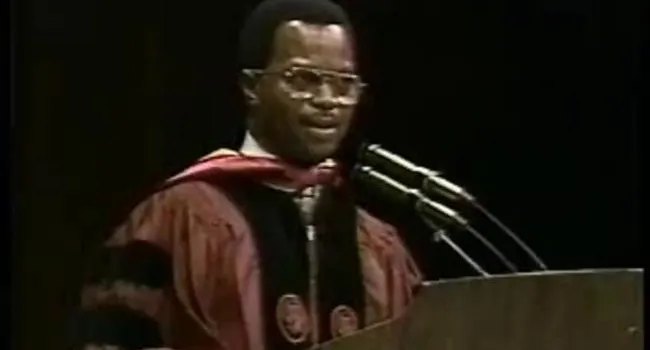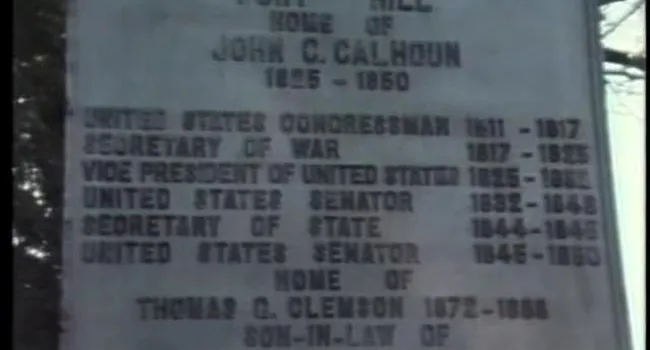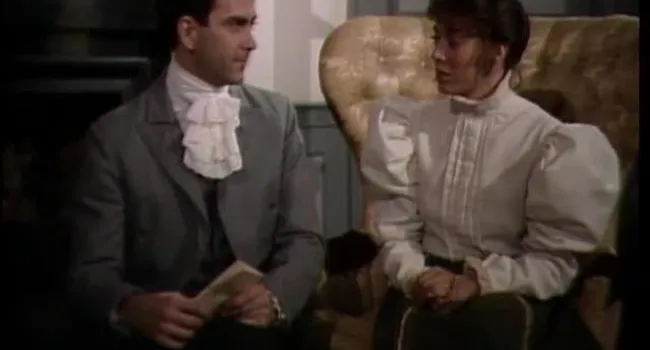MARION, SUMTER, PICKENS
Thomas Sumter, the "Gamecock," Francis Marion, the "Swamp Fox," and Andrew Pickens, the "Wizard Owl" are perhaps the best known of South Carolina's Revolutionary War leaders. Their premier contributions occurred during 1780 and 1781 when the war moved south in full force. Sumter was one of the first to form a regiment and his actions inspired others to join in the resistance to the Tory forces Marion was noted for his "hit and run" guerrilla tactics. Pickens was a man of strong character and commitment.
The television lesson includes a segment on each man designed to give an insight into his character. Andrew Pickens had been parolled by the British in Charleston when that city was captured in May 1780. As a condition of the parole, he had given his word that he would not take up arms against the British unless he, his family or property was violated. This segment tells what occurred to cause Pickens to reenter the war.
At the battle of Fishdam Ford on the Broad River, Thomas Sumter had an opportunity to get personal revenge on a man who hours earlier had attempted to kill him. This segment depicts the events that led to the incident and the manner in which General Sumter handled the situation.
Francis Marion was involved in a number of skirmishes that caught the enemy off guard, forced them to reckon with him, thus allowing other patriot forces to conduct their missions with greater success. This segment shows how Marion received the nickname "Swamp Fox."
Standards
- 4.2.CX Contextualize South Carolina’s role in the development of the new nation.
- 8.2.CO Compare the motives and demographics of loyalists and patriots within South Carolina and the colonies.
- This indicator was developed to encourage inquiry into the economic, political, and social motivations of the patriots and the loyalists in the era of the American Revolution.
- 8.2.CX Contextualize the roles of various groups of South Carolinians as the colonies moved toward becoming an independent nation.
- This indicator was developed to encourage inquiry into the motivations of colonists during the American Revolution and the progression of conflict and failed compromise that ultimately led to revolution.
- 8.2.CE Explain the economic, political, and social factors surrounding the American Revolution.
- This indicator was developed to encourage inquiry into how the colonies began to unify to create a distinctive American identity over the course of events of the American Revolution.
Resources
You need to be logged in to listen to view this content. Create an account now; it's quick, easy, and free!
Log In to View










































